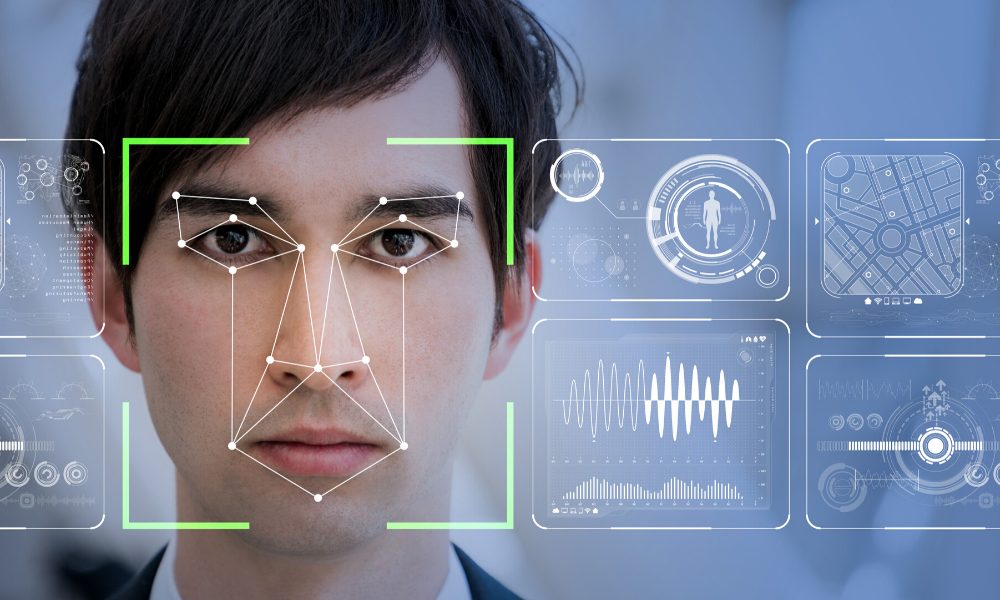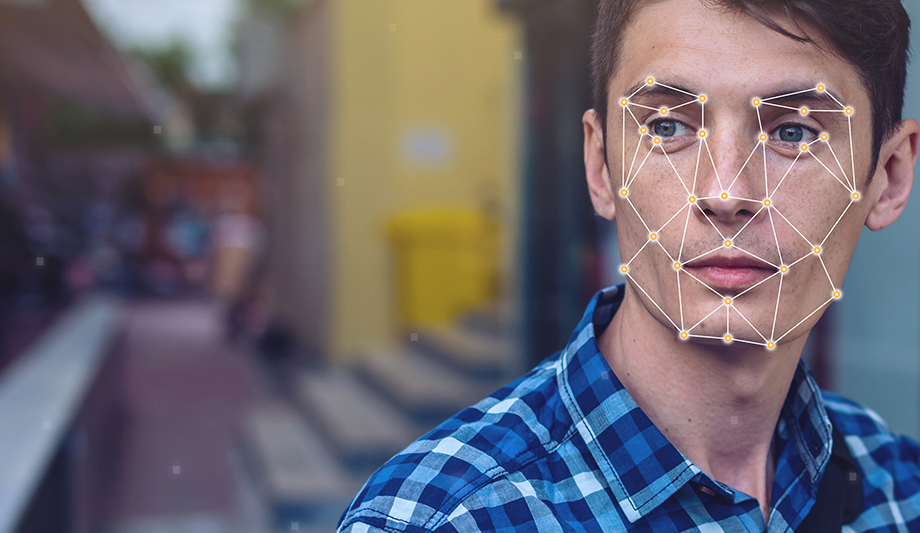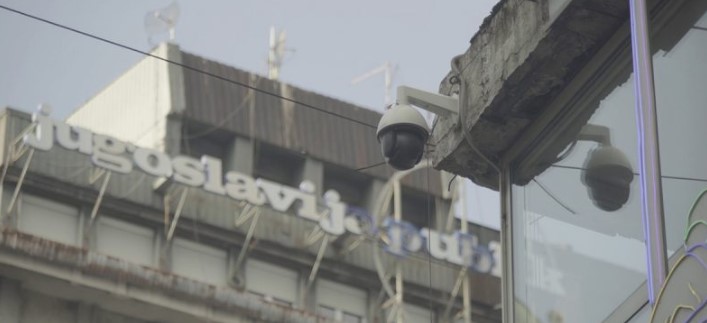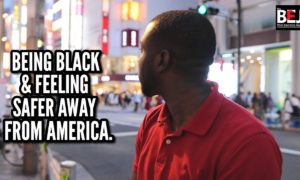A civic initiative has been raising concerns about the deterioration of privacy in Serbia resulting from the introduction of a video surveillance system with advanced facial recognition in the capital Belgrade. As the main aspect of the campaign, a documentary with the same title, was released.
This project involves the installation of thousands of smart surveillance cameras with the object and facial recognition features. The cameras were procured as part of a bundle that included an artificial intelligence system used to analyze the feed captured by them.
Hiljade Kamera is led by SHARE Foundation, the leading Serbian digital rights group established in 2012 and a member of the European Digital Rights network (EDRI). On its website (hiljade.kamera.rs), launched in May 2020, the initiative describes itself as ”a community of individuals and organizations that advocate the responsible use of surveillance technology.” It is pushing for the respect of the right to privacy and accountability in relation to the government surveillance program through a number of tactics, including crowd-mapping, community building, research, advocacy, and content production.
One of the policy researchers at SHARE Foundation noted in an article published on May 19, that the governments of Serbia and China have been working on technical and economic assistance since 2009 when they engaged their first bilateral agreement. A couple of years later, a vital partnership forged connecting Serbia’s Ministry of Interior and Huawei, paving the way to the implementation of the project “Safe Society in Serbia”. In the past few months, new cameras have been widely installed throughout Belgrade.

This segment is part of an extensive interview conducted by the SHARE Foundation which provides a wider context of the threats of biometric mass surveillance to human rights and freedoms.
In surveillance cameras equipped with facial recognition software, facial features are captured and analyzed to identify an individual by matching the data on existing databases.
EDRI representative stressed that “the people need to hold those in power to account, to be calling out surveillance when they see it and contributing to civil society organizations and the activists that are trying to reveal these secretive rollouts.”






















